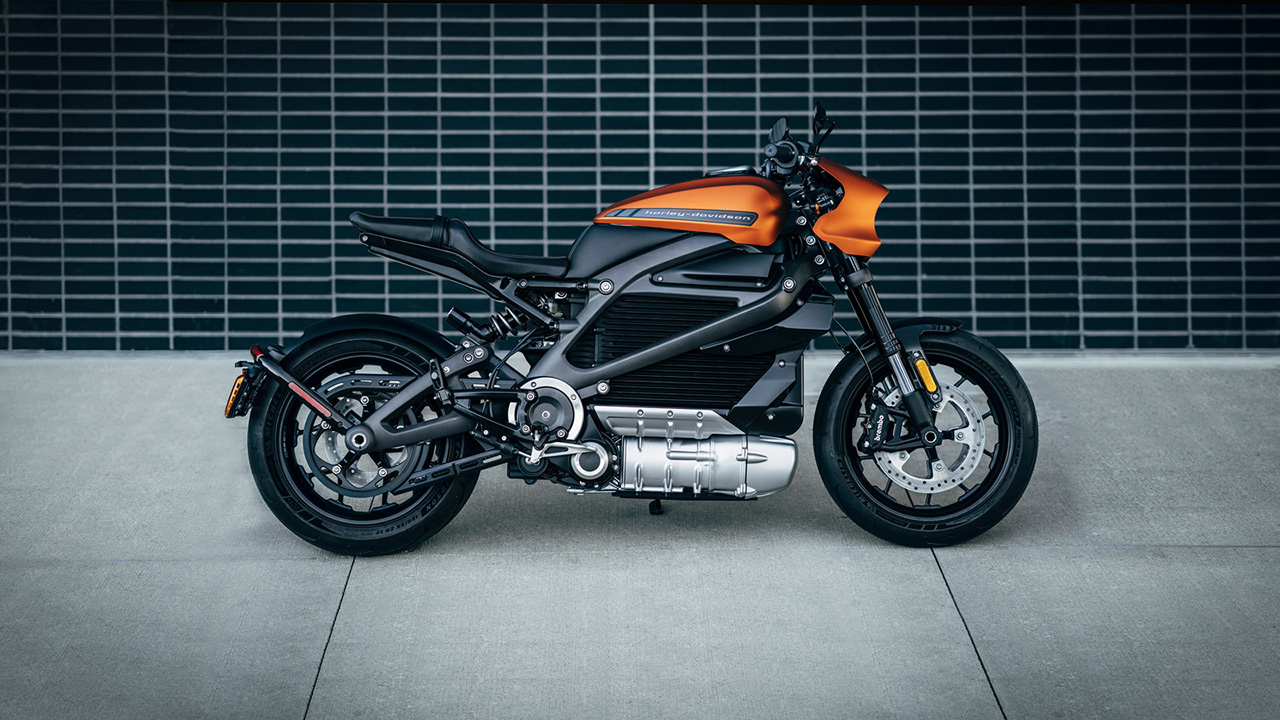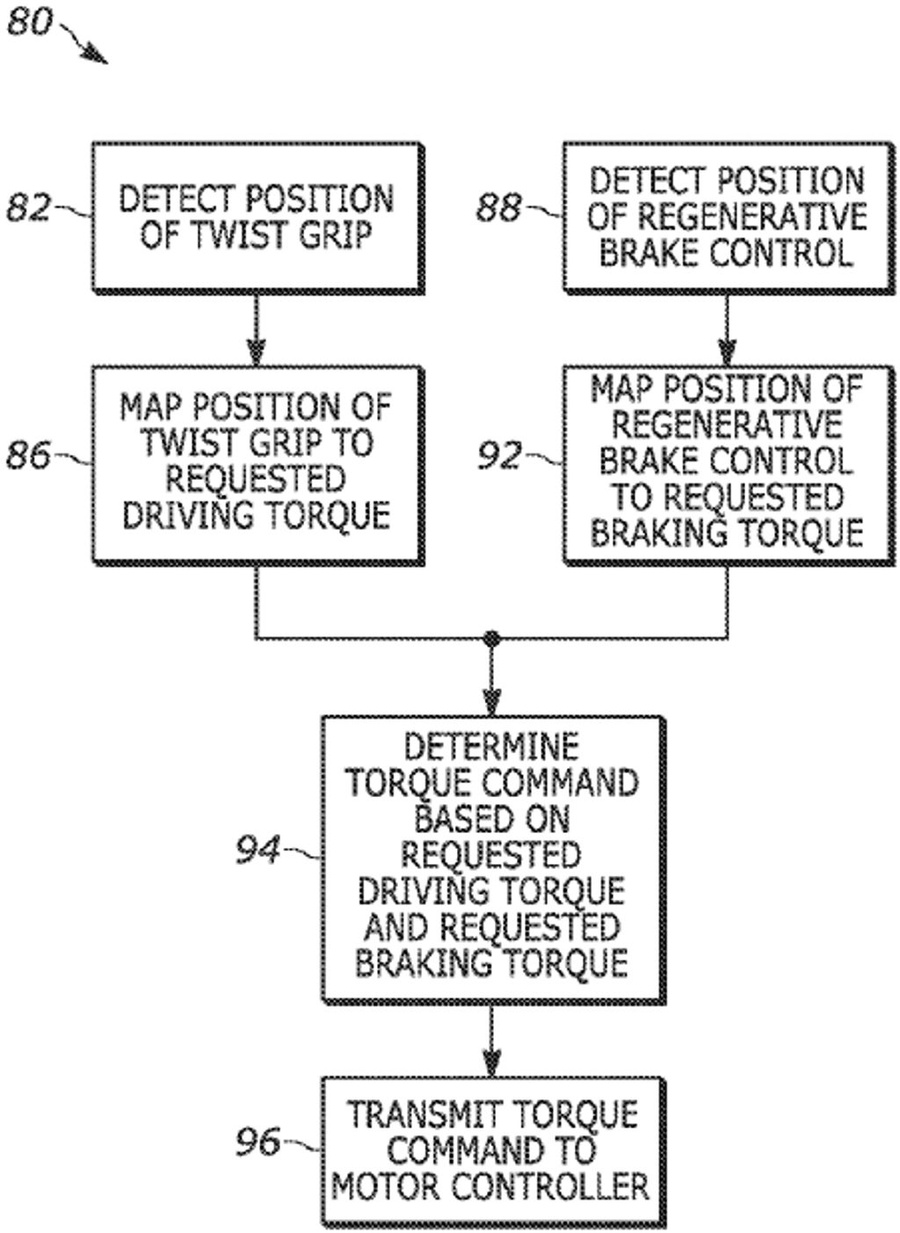Brakes play a crucial role in vehicle safety and control; thus, they are considered indispensable components. Traditional hydraulic brakes are not only costly but also add considerable weight and complexity to vehicles. In the context of electric motorcycles, these drawbacks significantly affect performance. Harley-Davidson’s patented system proposes a shift towards simplification and efficiency.
The new patent details describe how this system works specifically for the rear wheel of Harley-Davidson’s electric motorcycles. The envisioned benefits include lower costs, reduced vehicle weight, and simplified manufacturing processes, which could ultimately enhance overall performance.
Other vehicle manufactures like BMW have promoted the adoption of strong regenerative capabilities in their electric vehicles (EVs). These features reduce reliance on mechanical braking systems by using motor resistance to slow down the vehicle effectively promoting one-pedal driving. However, unlike merely reducing brake usage, Harley-Davidson’s LiveWire brand suggests completely eliminating traditional rear brake setups.
According to the patent documentations, while plans are in place to remove traditional rear brakes on certain models, the front brake systems will remain unchanged due to their critical role in ensuring rider safety.
Additionally, the patent includes concepts like a virtual clutch system aimed at providing electric motorcycle riders more control. This notion forms part of LiveWire's broader strategy to innovate thoroughly within its product line-up through technological advancements.
Source: RideApart


